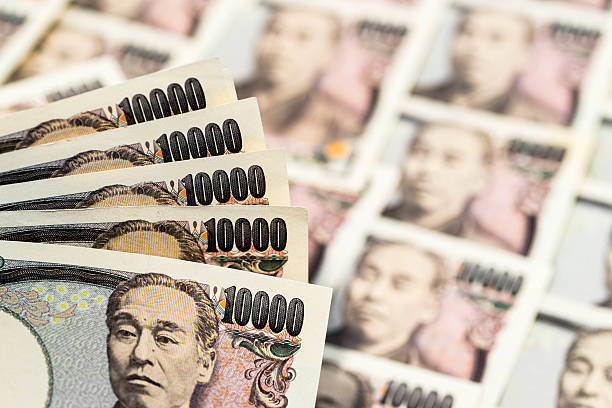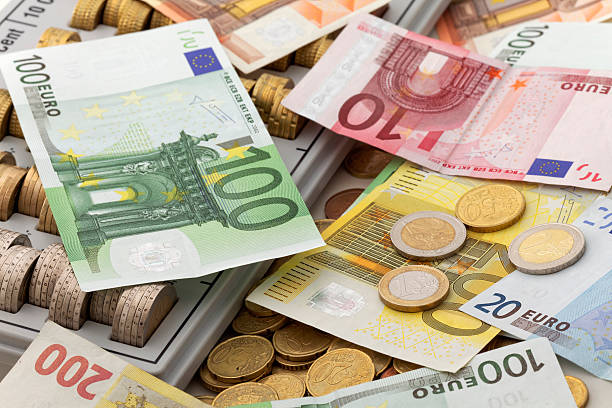Taiwan has reversed its decision to impose restrictions on chip exports to South Africa

Taiwan has backtracked on its decision to leverage its dominance in semiconductor production, using TSMC as a proxy, after facing backlash and negotiations.
However, the move has been noted by many who believe it sets a precedent, noting that Taiwan could be getting influenced by the US to weaponize its chip-making capabilities.
Taiwan suspended its restrictions on South Africa
Taiwan has suspended the chip export curbs it placed on South Africa days after it used its technological dominance for diplomatic retaliation.
The decision to suspend the export curbs reportedly came after South Africa agreed to dialogues, setting a precedent for future chip access-induced negotiations.
Taiwan’s foreign ministry said on Thursday that it agreed to suspend the curbs “in view of the fact that our representative office in South Africa has just received a message from the South African government requesting consultations on the status of our office.”
A spokesperson for South Africa’s foreign ministry called the measures an attempt to “disrupt the stability of the global supply chain of semiconductors.”
The controls requiring official preapproval of exports would have taken effect in November after a notice period, but that will no longer happen.
Diplomats suspect South Africa wanted Taiwan’s representative office out of Pretoria, the capital and a regional hub for diplomacy, before China’s leader Xi Jinping visits for the G20 summit this year.
How quickly Taiwan imposed the curbs and the swiftness of the withdrawal have highlighted Taipei’s ability to use leading manufacturers such as TSMC to fight diplomatic battles as well as the delicate balance it must strike to avoid alienating its trading partners.
Taiwan’s use of the threat has also been noted by many developing countries that depend on its chips but also maintain close ties to China.
“The Taiwan authorities’ action is a deliberate move to destabilize global chip industrial and supply chains,” Guo Jiakun, China’s foreign ministry spokesperson, said on Wednesday. “Such political manipulation will only end in failure.”
More about Taiwan’s rare use of economic pressure
Taiwan imposed the restrictions on the export of chips to South Africa, citing national security concerns, on September 23. According to reports, it is the first time Taiwan has wielded its semiconductor industry as a weapon against a country that is closely allied with China.
The decision is thought to be payback after Pretoria attempted to downgrade Taipei’s representative office and force it to relocate to Johannesburg from the capital.
The episode confirmed Taiwan’s economic clout as well as its growing frustration with getting sidelined by Beijing in the diplomatic community.
South Africa reportedly started trying to push Taiwan to relocate its embassy from Pretoria to Johannesburg in 2023, not long after hosting a BRICS summit attended by Chinese President Xi Jinping.
The African nation has been intensifying its request as it gets ready to host the Group of 20 leaders’ meeting in November, where Xi is expected to be present. Pretoria ended diplomatic ties with Taiwan in 1997.
“The South African government’s actions have undermined our national and public security,” Taiwan’s International Trade Administration said in a statement. “We are adopting measures to restrict trade to maintain our sovereignty.”
South Africa has reiterated that its ties with Taiwan are non-political, Foreign Ministry spokesman Chrispin Phiri said. “South Africa is a critical supplier of platinum group metals, like palladium, essential to the global semiconductor industry. Our current economic diplomacy is fundamentally shifting how we engage in the global value chains.”
Don’t just read crypto news. Understand it. Subscribe to our newsletter. It's free.







